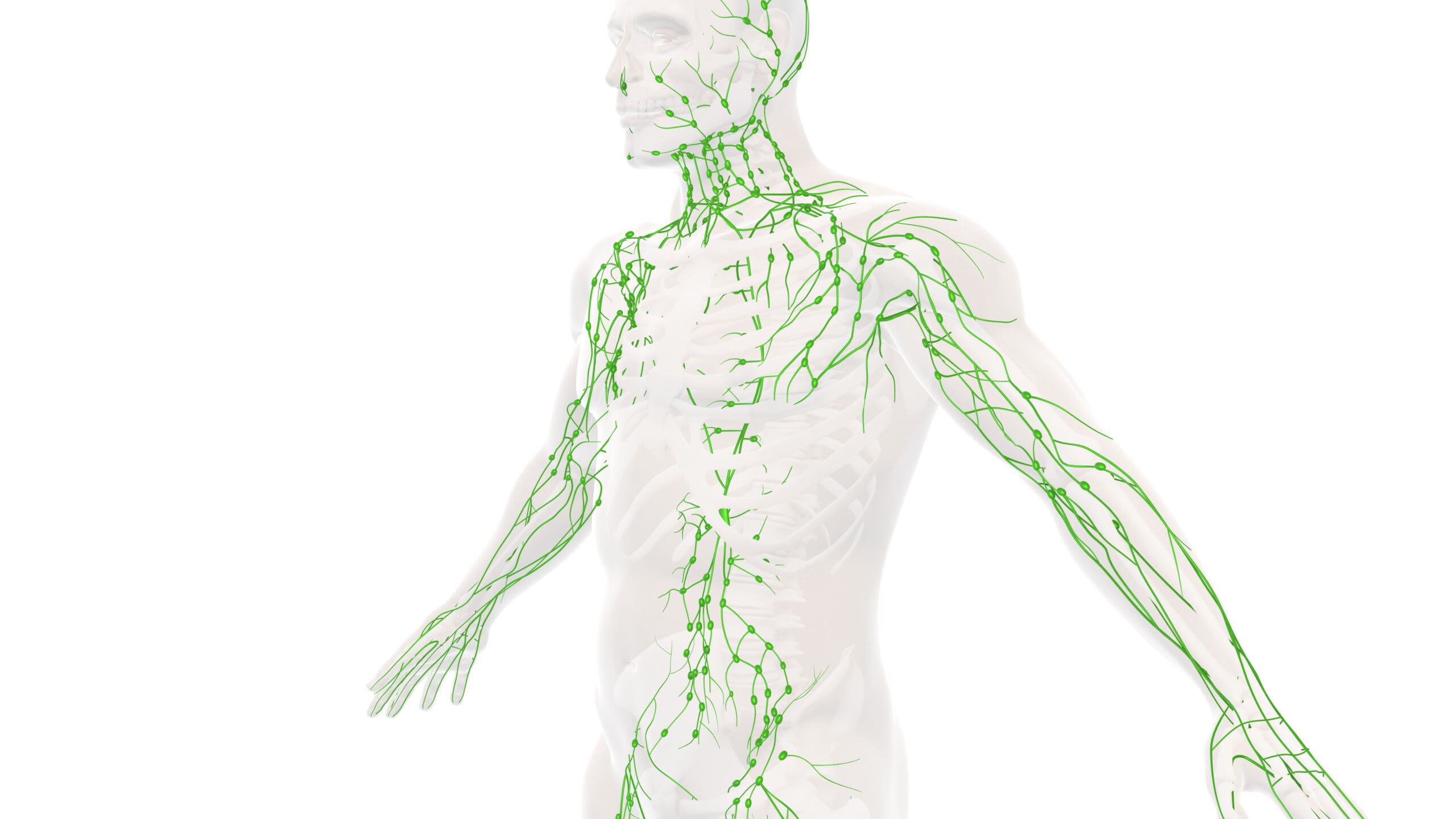5 health benefits of intermittent fasting
By naturopath Margaret Jasinska
There is a lot of talk about intermittent fasting at the moment and many people are aware of some health benefits. Several of our patients have tried it and are happy with the positive effects it has had on their health.
Intermittent fasting just means cycling between periods of eating and fasting. There are a few different styles. What they have in common is there is a greater number of hours in the day when you’re not eating. That’s a good thing because humans were never designed to eat all day. Our hunter gatherer ancestors went through periods of feast and famine as a part of normal life because they didn’t have access to an abundance of food like we do today. Fasting is also a part of many traditional religious rituals. The most simple form of intermittent fasting is to skip breakfast and just eat lunch and dinner. This works for a lot of people because they are either not very hungry in the morning, or they are in a rush to get to work, so skipping breakfast saves time and hassles.
What happens during intermittent fasting?
Ordinarily, your body breaks down carbohydrate into glucose to provide you with energy. When your body doesn’t get enough carbohydrate or calories for energy, it begins using fat cells for energy. Intermittent fasting triggers your body to burn stored fat for fuel because it’s not getting as much carbohydrate. When stored fat is broken down, your body produces ketones. These serve as an alternative fuel source when glucose is in short supply. An elevation of ketones in the body is called ketosis and is the goal of a ketogenic diet. Fasting can induce ketosis.
If you eat three meals a day, snack frequently, and don’t exercise, your body always has a steady stream of glucose. Intermittent fasting extends the periods that your body has burned through the calories of your last meal. Research shows this gives your body more opportunity to burn stored body fat and may protect against chronic disease.
Intermittent fasting may help you experience the following 5 benefits
- Improvements in digestive health. Eating three meals and several snacks is not good for people with digestive problems. Bloating, gas, heartburn and diarrhoea can all be made worse by eating all day. Digesting food is hard work for your body. People with an overgrowth of bad gut bugs will be providing those bugs with fuel for fermentation if they eat too often. People who don’t make enough stomach acid, bile or digestive enzymes can all suffer if they eat too often. Leaving a longer amount of time with no food can allow the gut lining to heal if it is leaky or inflamed. Fasting also increases levels of good bugs in the gut. People with inflammatory bowel disease and irritable bowel syndrome usually feel much better while intermittent fasting.
- Weight loss and reduction in visceral fat levels. Visceral fat is the deep internal fat that can accumulate in the liver, around the heart, in the pancreas and inside arteries. It is the type of fat that raises the risk of serious diseases. Eating less frequently allows a reduction in the hormone insulin and increase in human growth hormone. These changes allow your body to utilise stored fat more easily. Your metabolic rate goes up and weight loss usually occurs from the torso.
- Reduced risk of type 2 diabetes. Type 2 diabetes is end stage insulin resistance. As mentioned in the point above, a reduction in blood insulin levels occurs when a person eats less often. This means insulin becomes more efficient in the body and better able to control blood sugar.
- Reduced oxidative damage and inflammation in the body. Elevations in blood sugar, and burning glucose for energy can increase free radical activity in the body. Free radicals can cause damage to proteins that make up your body, increasing wear and tear and ageing your body more rapidly. Stored body fat is a cleaner burning fuel that generates fewer free radicals.
- Improvements in heart health. Studies have shown that people who practise intermittent fasting are likely to see an improvement in their blood pressure, triglycerides, cholesterol and blood sugar. This helps to reduce the risk of heart disease. These improvements are usually due to the reduction in visceral fat levels and reduced insulin resistance.
Intermittent fasting is not for everyone
Intermittent fasting can feel easy if you eat satiating meals. Meals high in protein and fat, such as salmon, red meat, olive oil and avocados tend to be satiating for long periods of time. Conversely, a lentil salad or grilled chicken breast salad won’t be very filling and going for long periods without food can feel like torture. I recommend getting food cravings under control first, before attempting intermittent fasting. You won’t get any benefits if you over eat at your next meal because you are so ravenous.
Intermittent fasting is also best avoided by those who are underweight, and people who have experienced an eating disorder. If you are a diabetic and experience unstable blood sugar, it’s best to get that under control first. If in doubt, please consult with your own doctor.
Intermittent fasting will be easier if you feel energetic, you’ve slept well and are not experiencing cravings. If you need help in this area, I recommend the Dr Cabot 15 Day Cleanse. It’s an excellent starting point for improved health because it improves liver, gut and immune health.









Leave A Comment